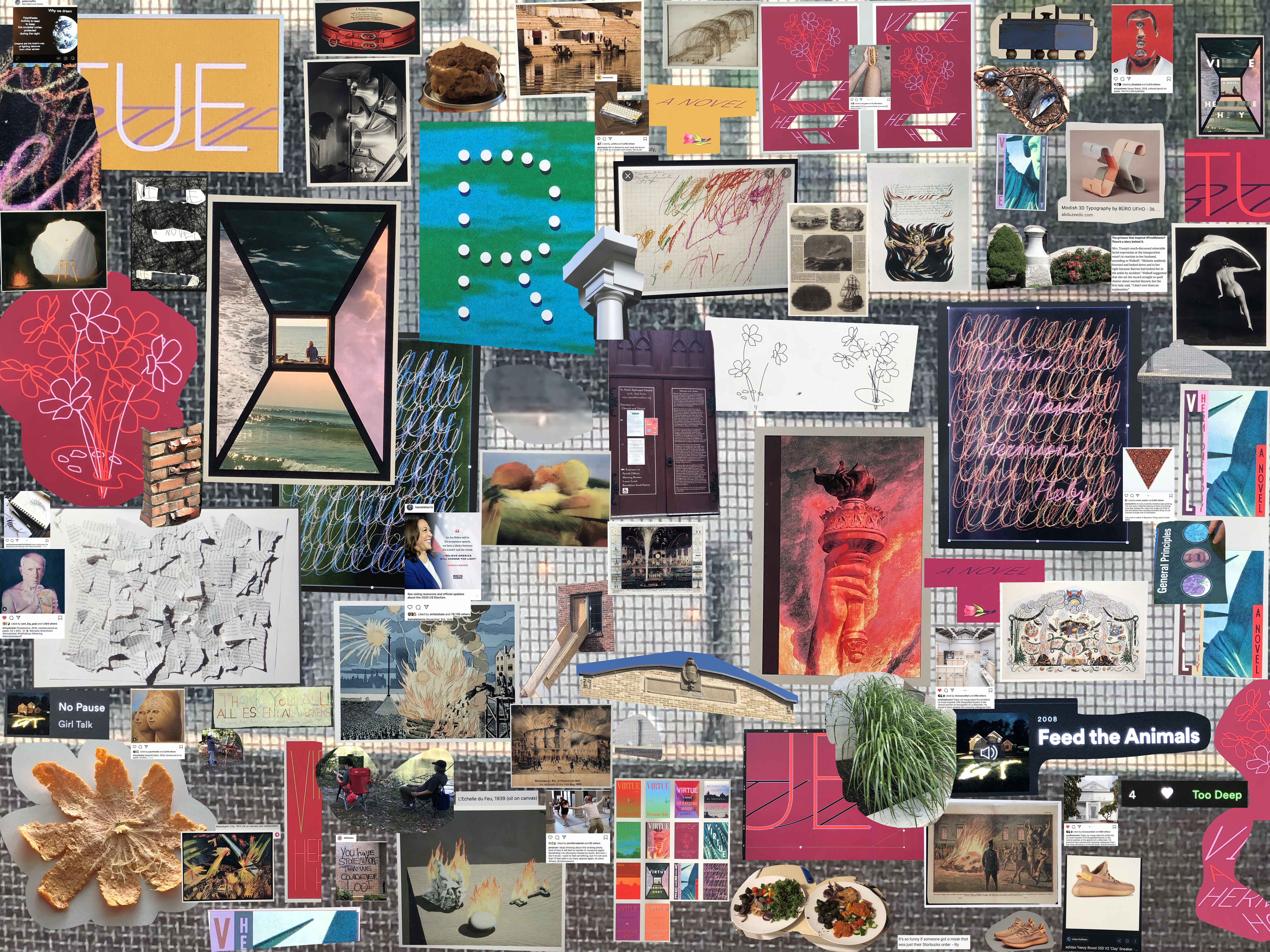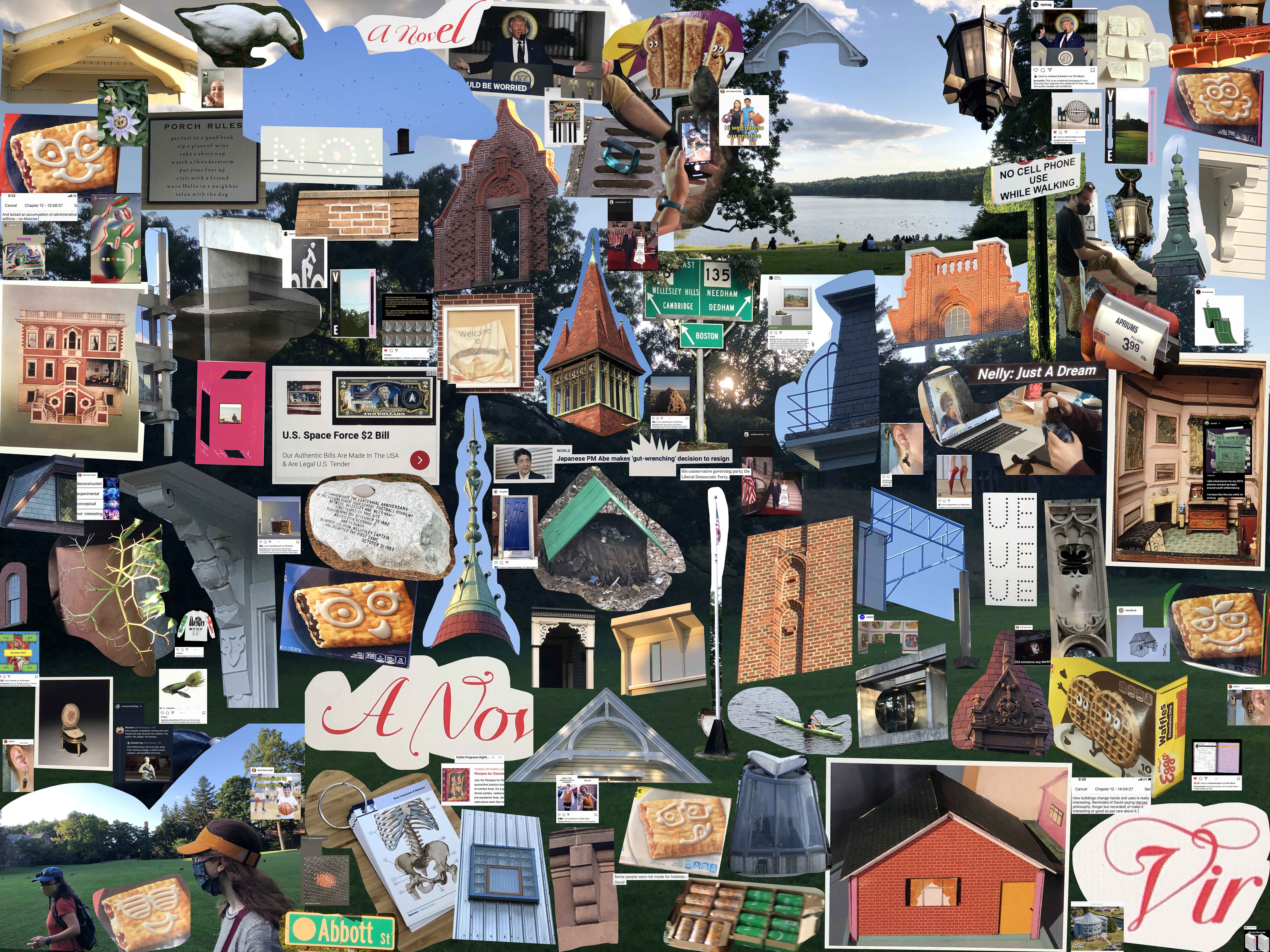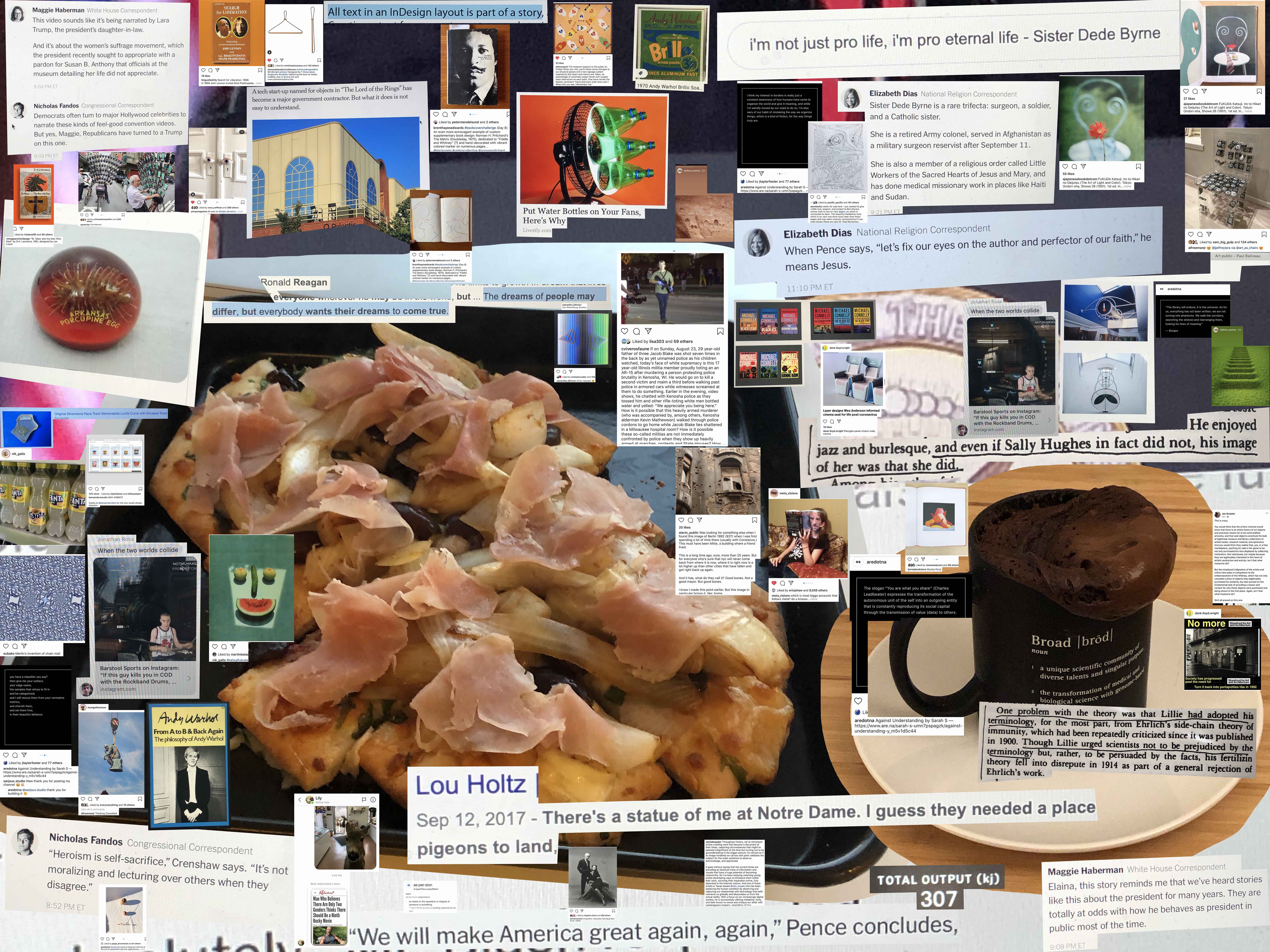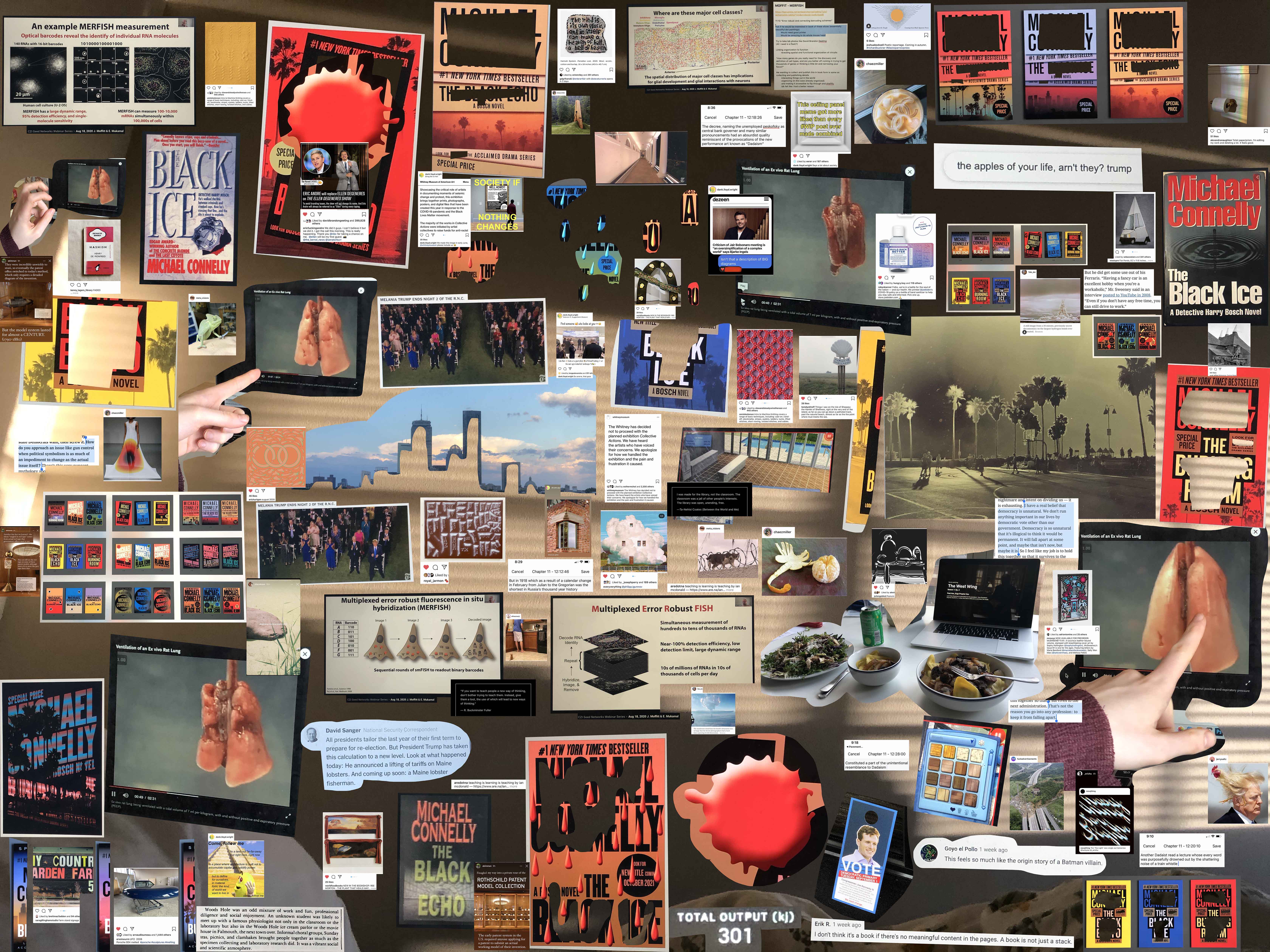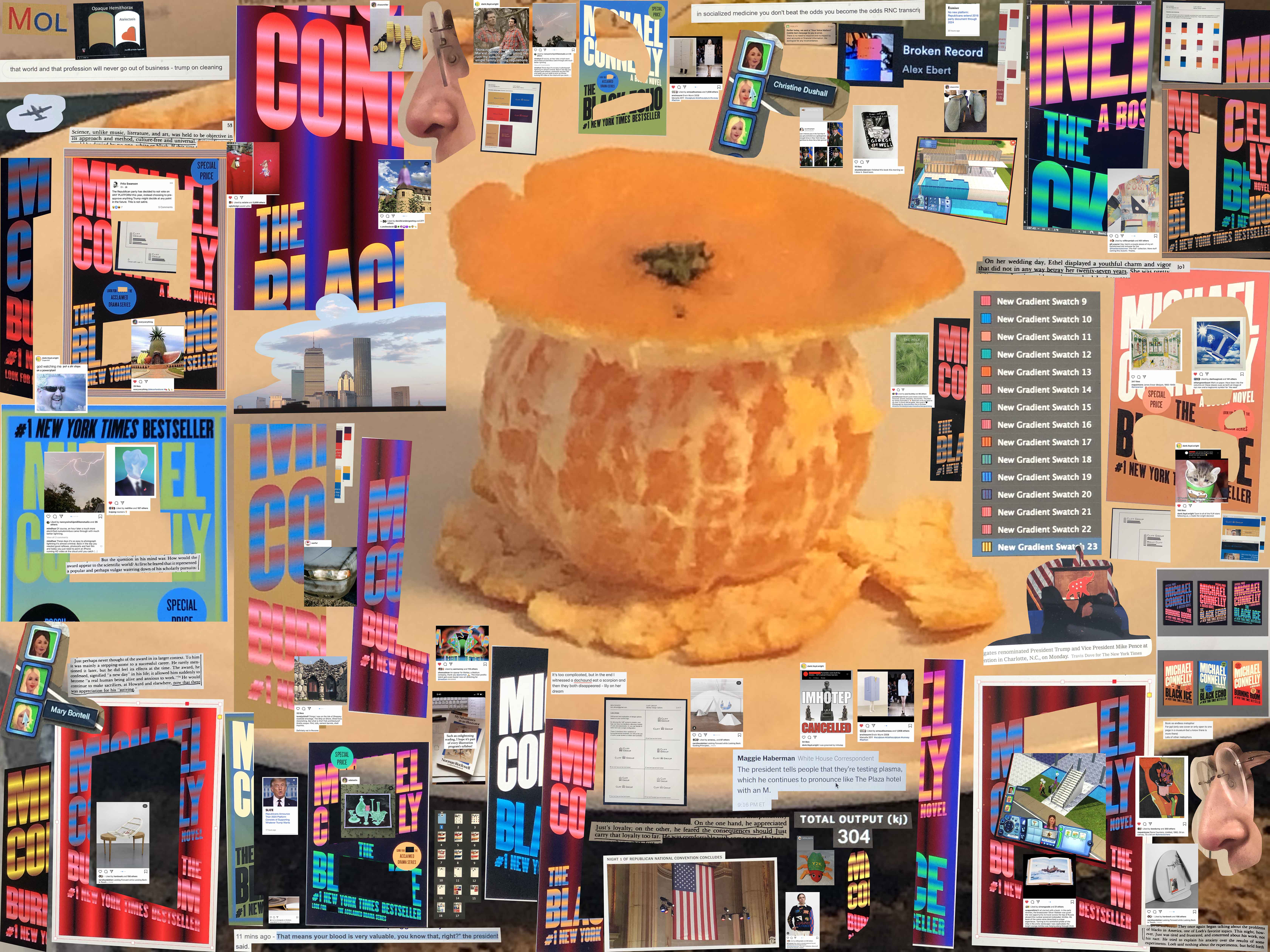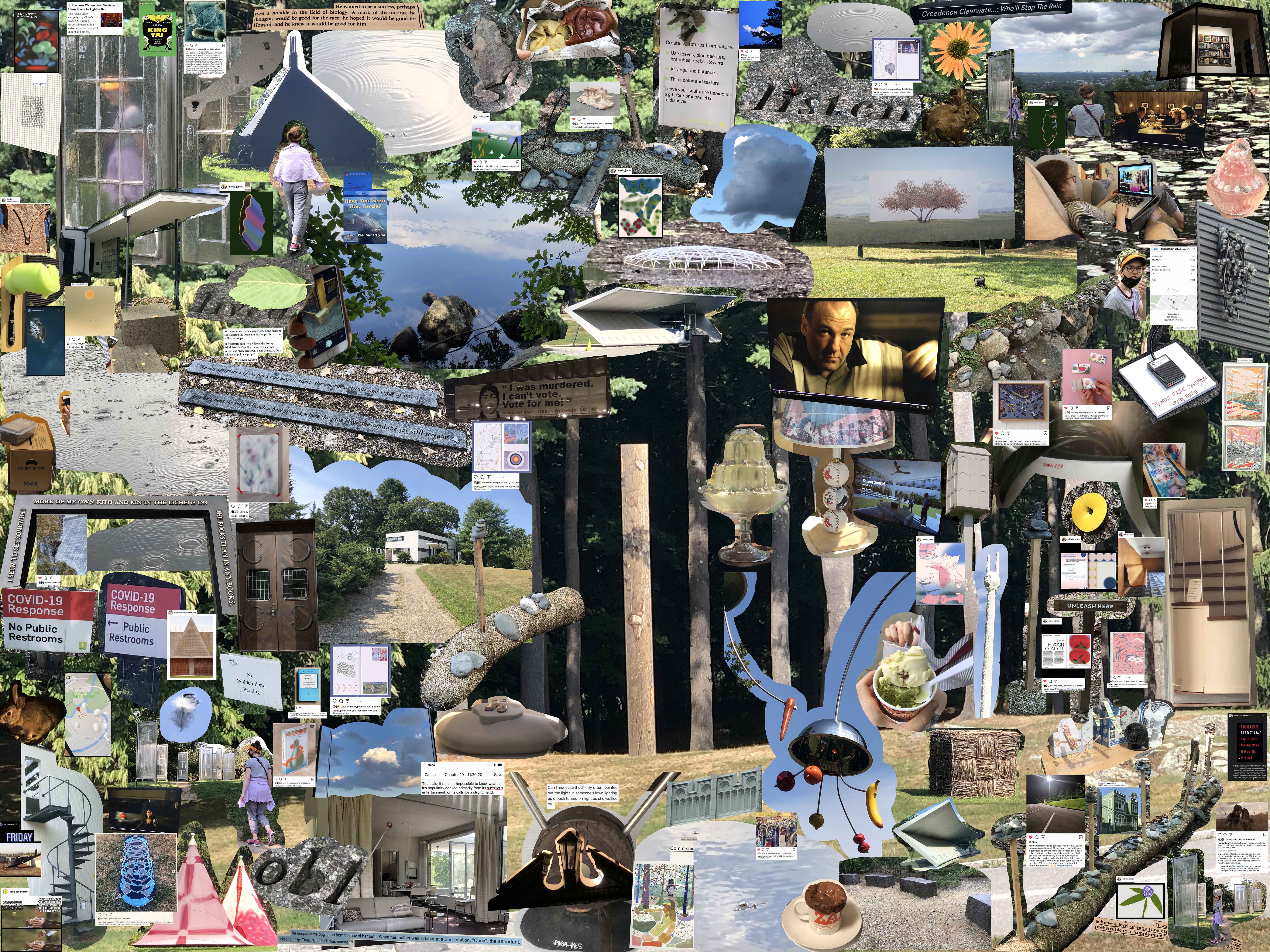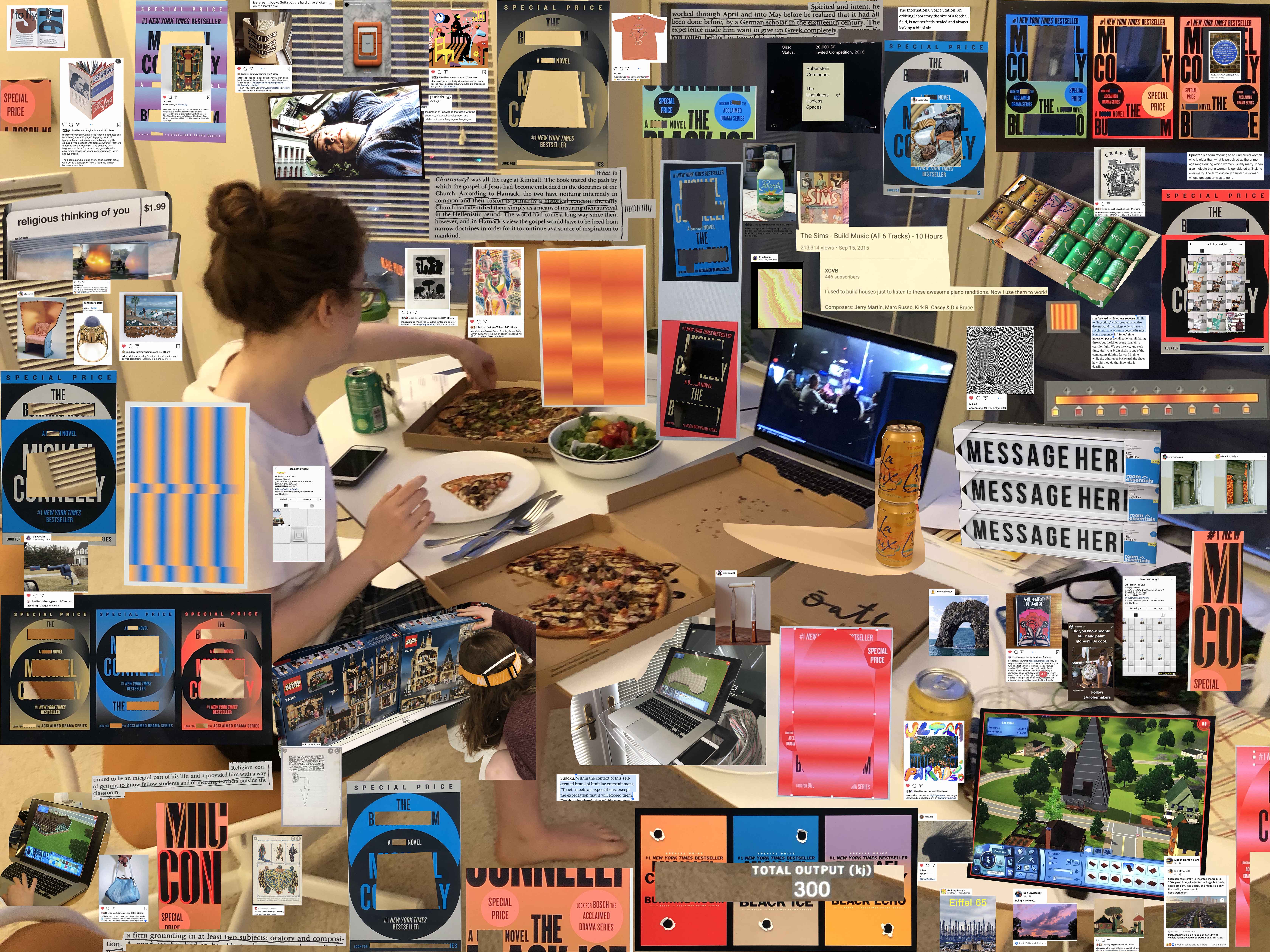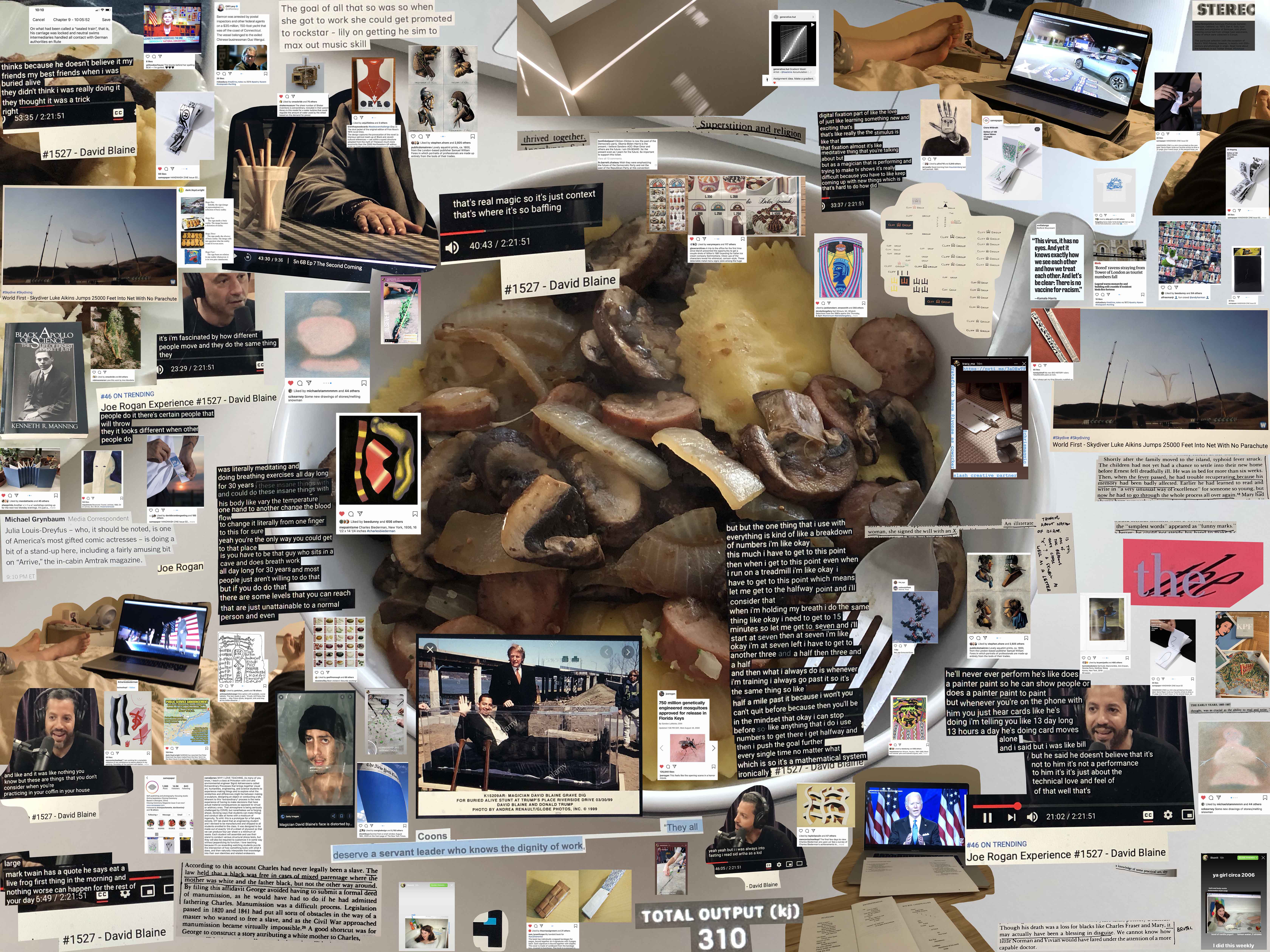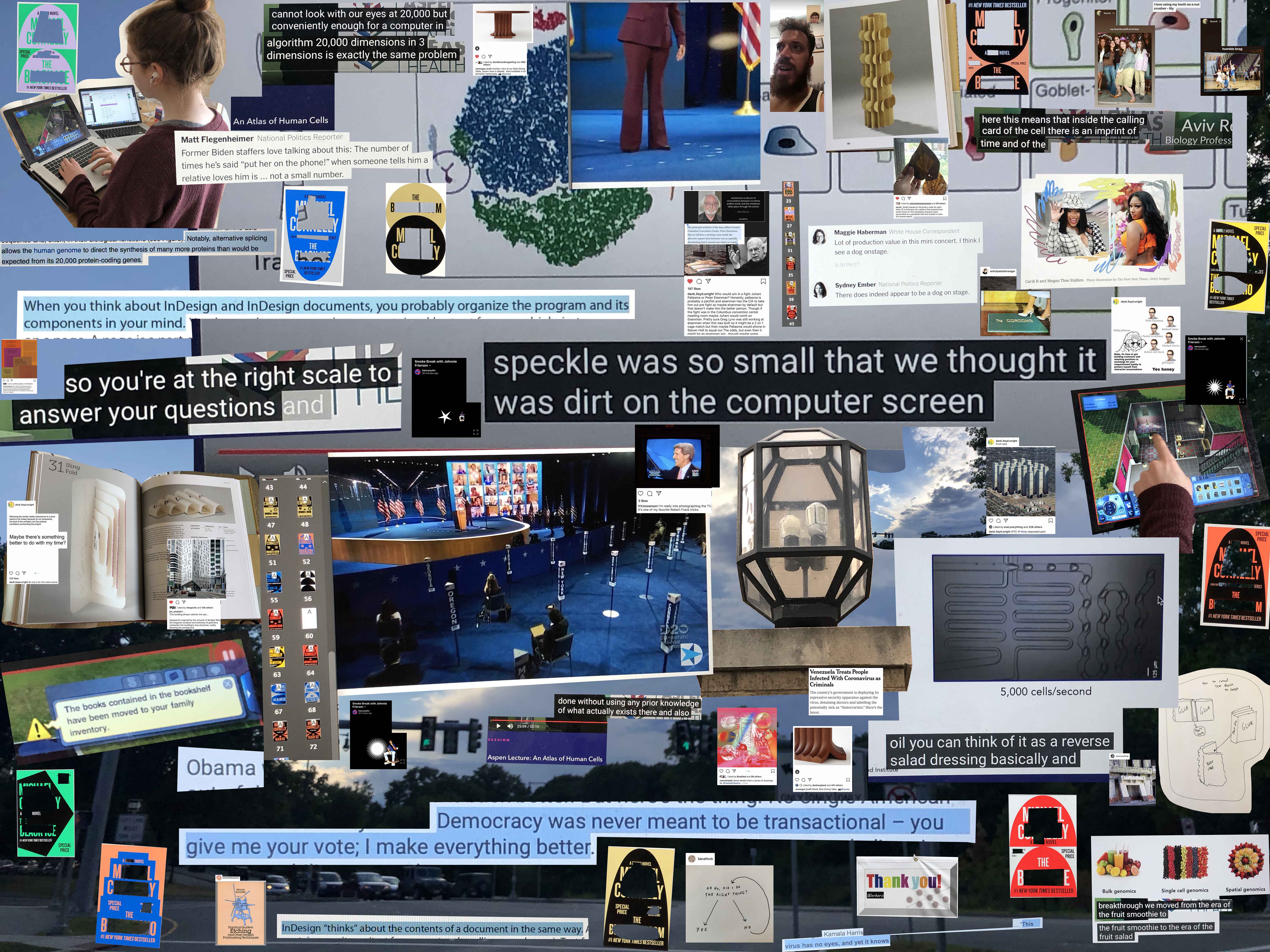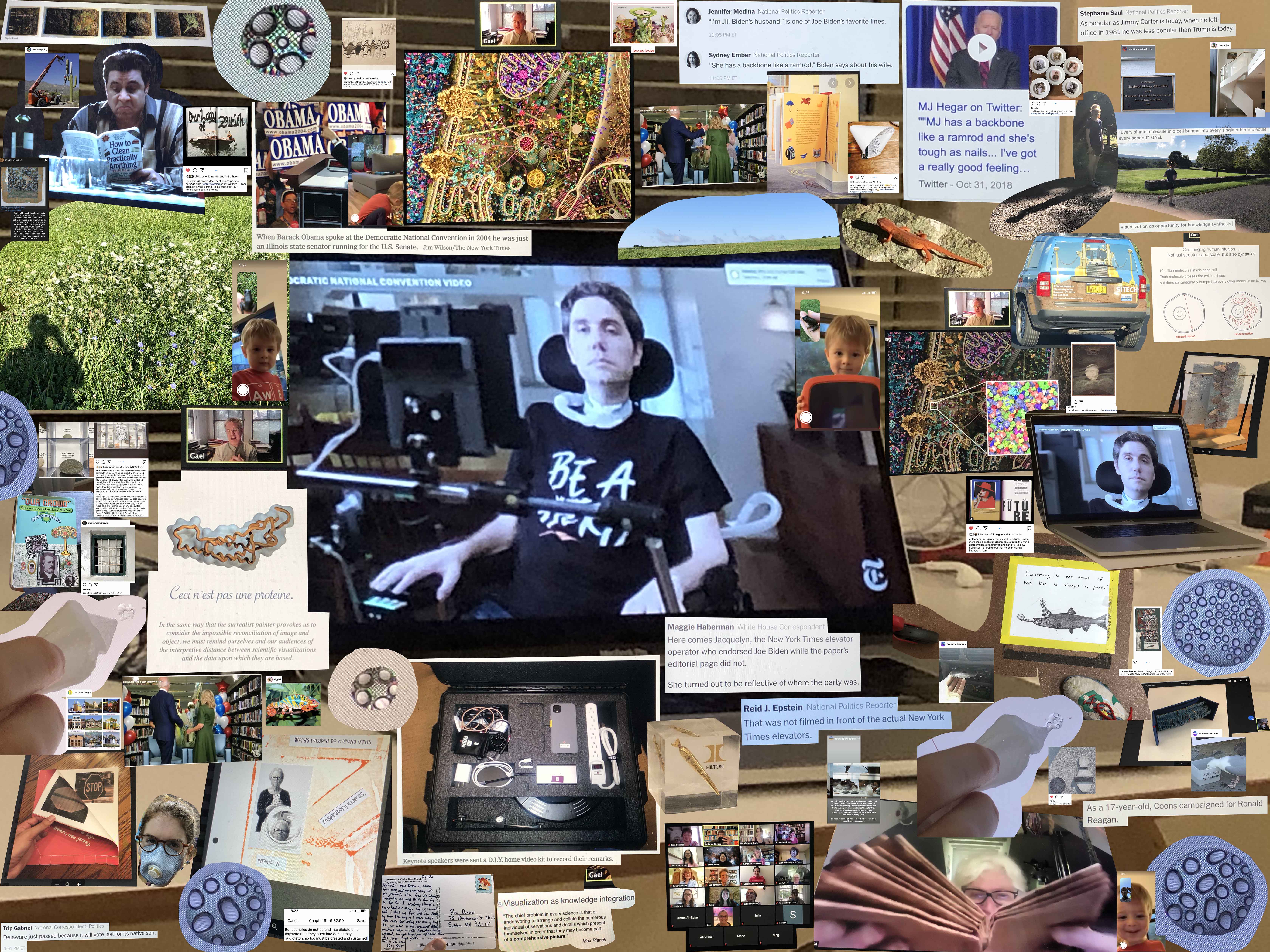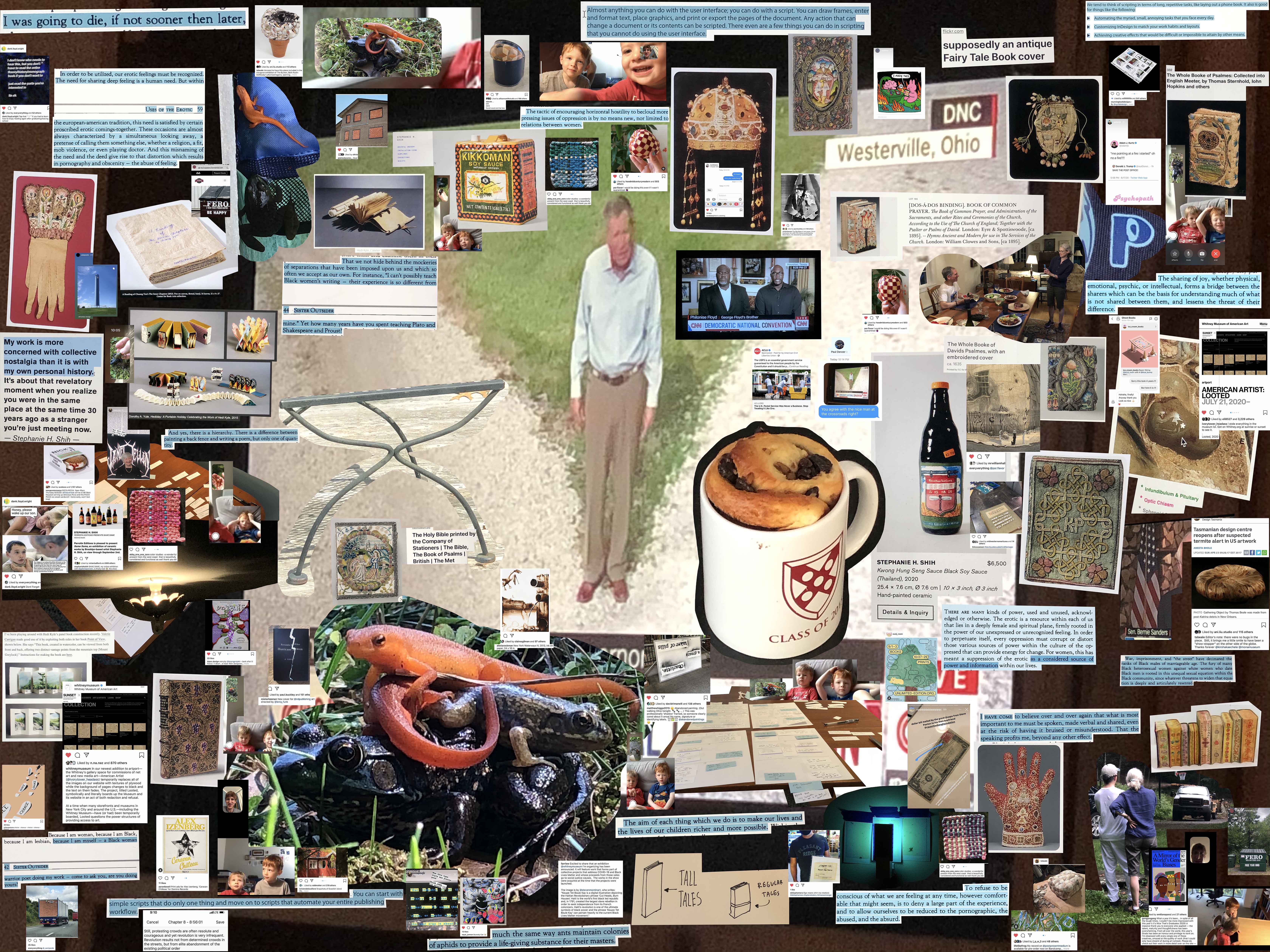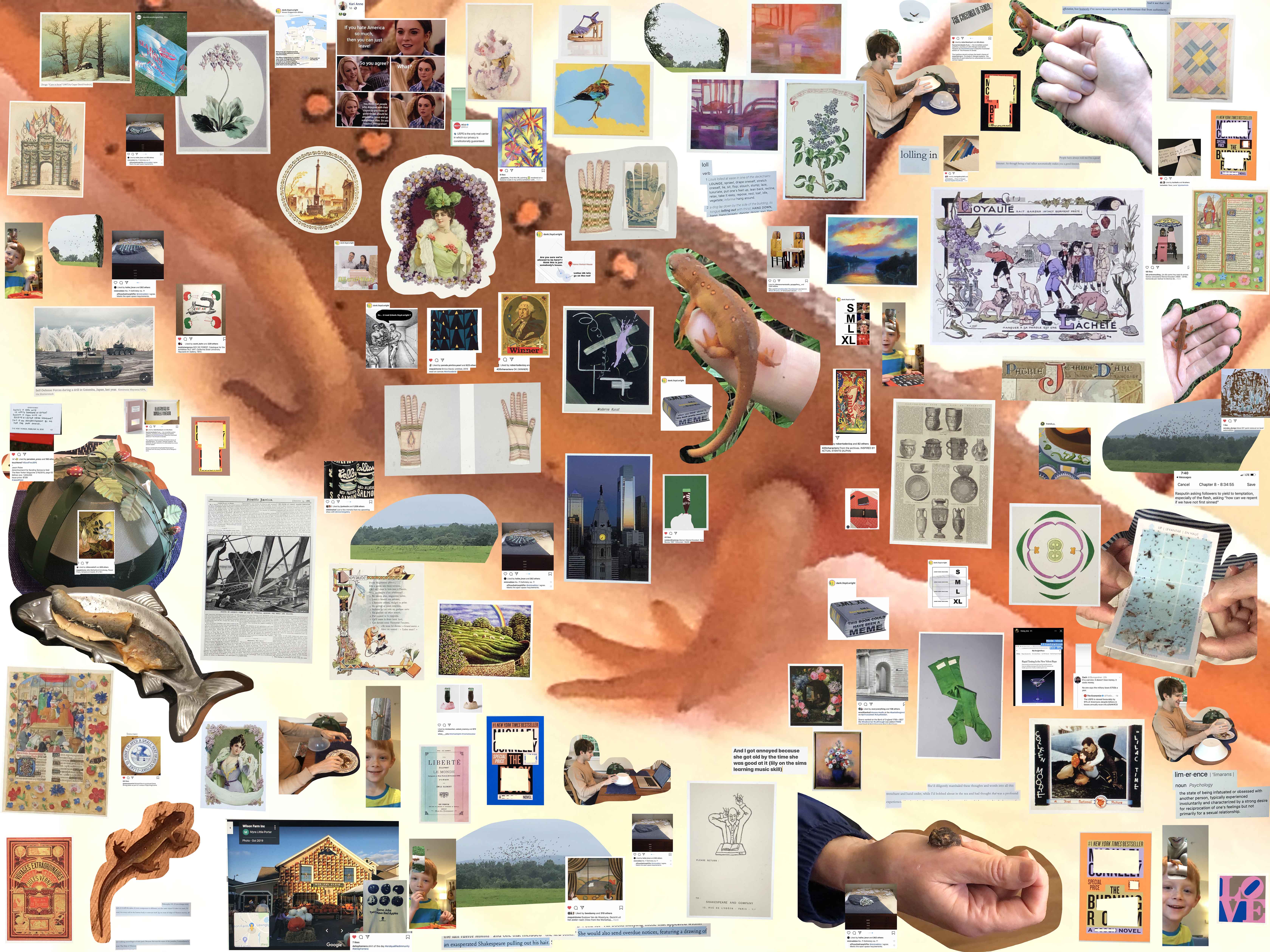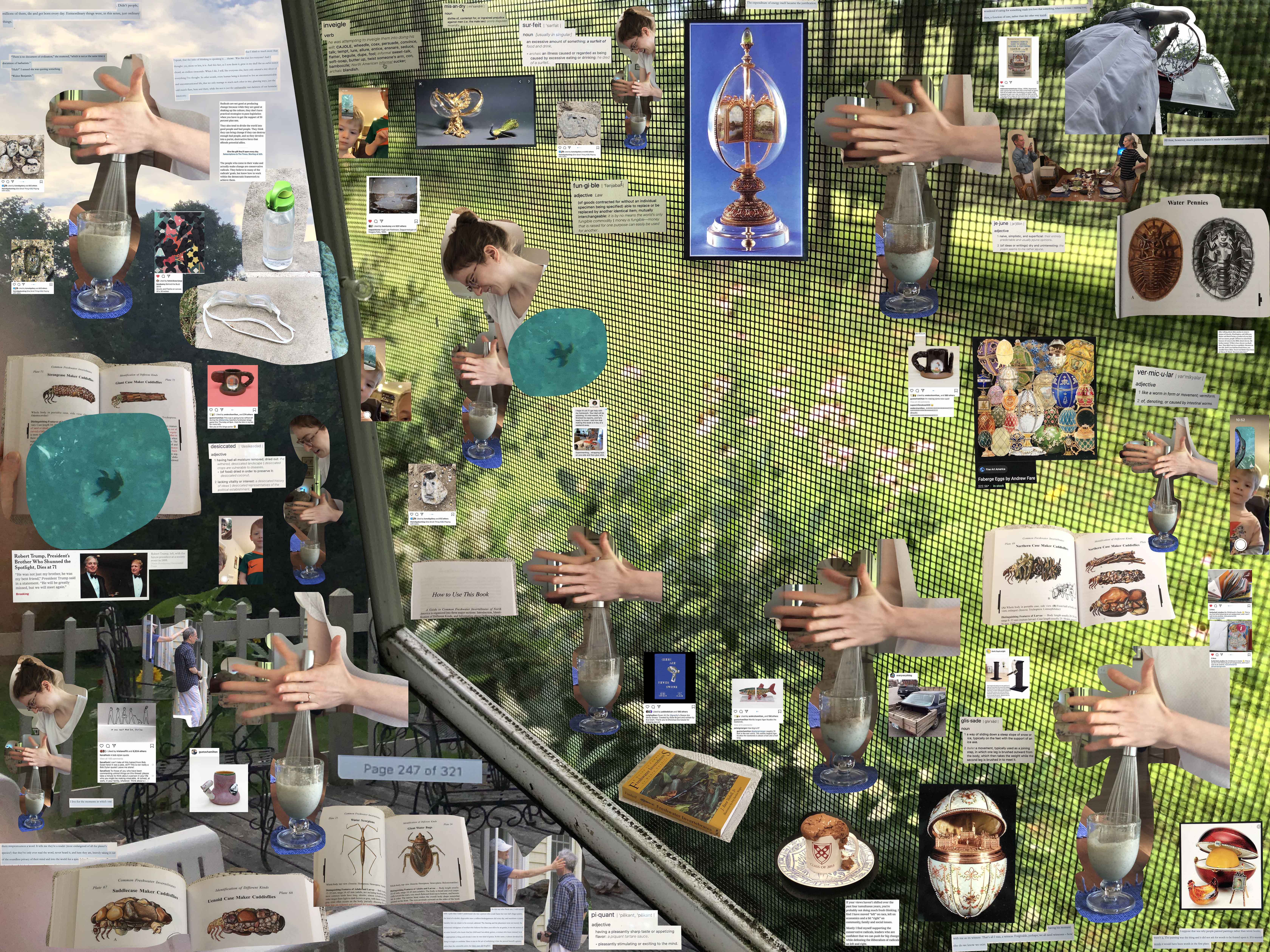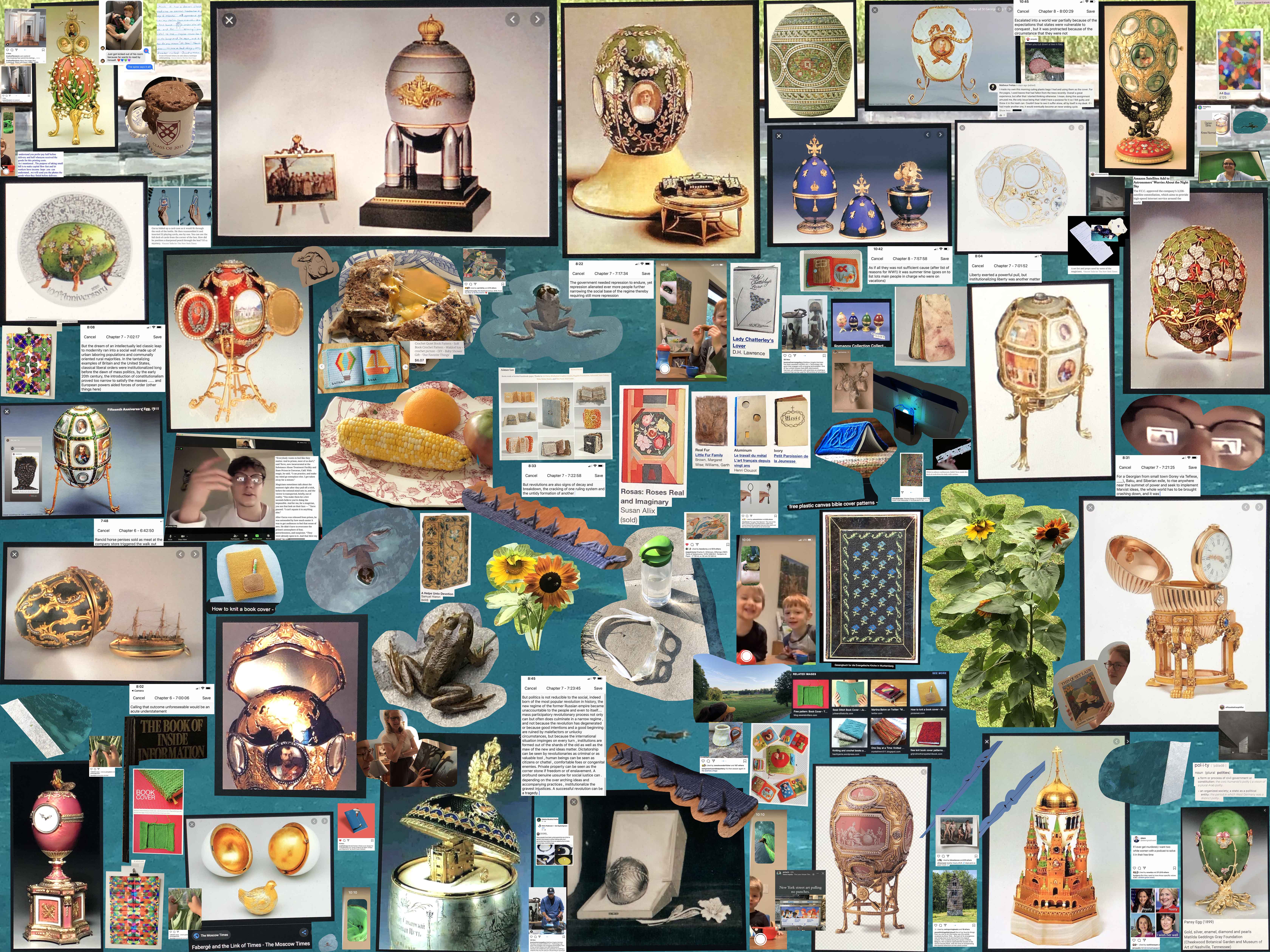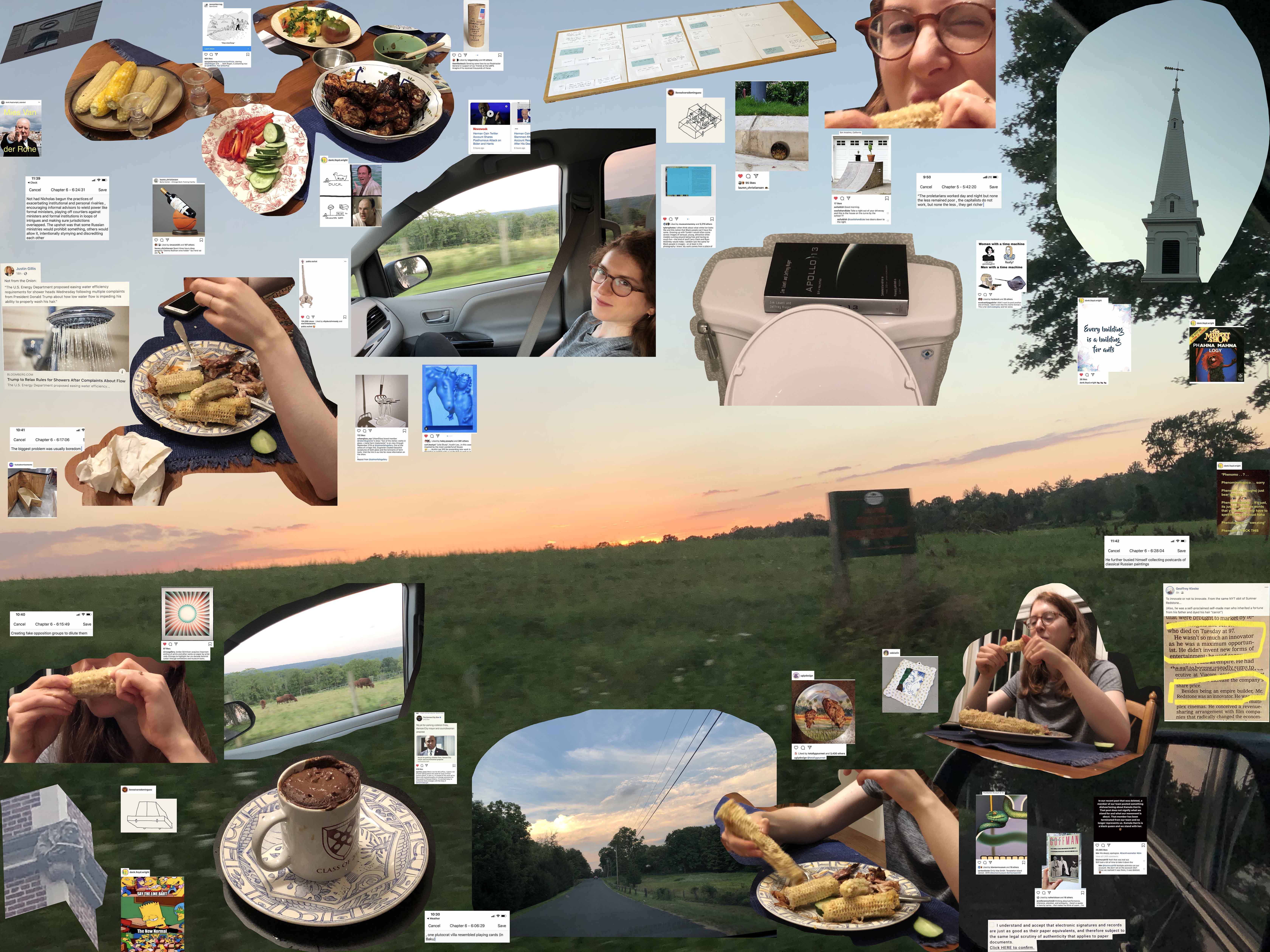Monday, August 31, 2020
When you asked how I began writing, I told you how
poetry functioned specifically for me from the time I was very
young. When someone said to me, "How do you feel?" or "What
do you think?" or asked another direct question, I would recite a
poem, and somewhere in that poem would be the feeling, the
vital piece of information. It might be a line. It might be an image.
The poem was my response.
— Audre Lorde, "An Interview: Audre Lorde and Adrienne Rich," Sister Outsider
Sunday, August 30, 2020
If someone got a mask that was just their Starbucks order.
— Lily
Saturday, August 29, 2020
That has seen him transformed from a 13-year-old kid signed on a contract written on the back of a napkin.
— Rory Smith, "The True Cost of Lionel Messi’s Declaration of Independence," The New York Times
Friday, August 28, 2020
Some people were not made for hobbies.
— David
Thursday, August 27, 2020
My favorite fact about Cotton, though, is that he and his wife buy a birthday cake nearly every week and eat a slice a day.
— Nicholas Fandos, "Full Analysis: Final Night of the Republican National Convention," The New York Times
Wednesday, August 26, 2020
There's a statue of me at Notre Dame. I guess they needed a place for the pigeons to land.
— Lou Holtz, Republican National Convention
Tuesday, August 25, 2020
But in 1918—which as a result of a calendar change in February from the Julian (eastern orthodox) to the Gregorian (western) was the shortest year in Russia's thousand-year history.
— Stephen Kotkin, Stalin: Volume 1: Paradoxes of Power
Monday, August 24, 2020
That world, that profession will never be out of buisiness.
— Donald Trump on janitorial work to post office custodian, Republican National Convention
Sunday, August 23, 2020
In the beginning, this insistence grew out of the knowledge, on both our parts, that whatever was hidden out of fear could always be used either against the children or ourselves — one imperfect but useful argument for honesty.
— Audre Lorde, "Man Child," Sister Outsider
Saturday, August 22, 2020
Can I monetize that?
— Lily after I pointed out that a light in someone's lawn, pointed at a bush, turned on right as she walked by
Friday, August 21, 2020
The book traced the path by which the gospel of Jesus had become embedded in the doctrines of the Church. According to Harnack, the two have nothing inherently in common and their fusion is primarily a historical concern; the early Church had identified them simply as a means of insuring their survival in the Hellenistic period.
— Kenneth R. Manning, Black Apollo of Science: The Life of Ernest Everett Just
Thursday, August 20, 2020
Mark Twain has a quote, he says eat a live frog first thing in the morning and nothing worse can happen for the rest of your day.
— David Blaine, "Joe Rogan Experience #1527 - David Blaine"
Wednesday, August 19, 2020
You can think of it as reverse salad dressing.
— Aviv Regev, "Aspen Lecture: An Atlas of Human Cells"
Tuesday, August 18, 2020
Every single molecule in a cell bumps into every single other molecule every second.
— Gael McGill, "The Power of Visual Media in Scientific Thinking & Communication with Gael McGill," OpenScholar Science is Beautiful Speaker Series
Monday, August 17, 2020
That we not hide behind the mockeries
of separations that have been imposed upon us and which so
often we accept as our own. For instance, "I can't possibly teach
Black women's writing - their experience is so different from mine." Yet how many years have you spent teaching Plato and
Shakespeare and Proust?
— Audre Lorde, "The Transformation of Silence into Language and Action," Sister Outsider
Sunday, August 16, 2020
And I got annoyed because she got old by the time she was good at it.
— Lily on when she had her Sims character learning the music skill
Saturday, August 15, 2020
Water Pennies
— J. Reese Voshell Jr, Freshwater Invertebrates*
Friday, August 14, 2020
In the tantalizing examples of Britain and the United States, classical liberal orders were institutionalized long before the dawn of mass politics.
— Stephen Kotkin, Stalin: Volume 1: Paradoxes of Power
Thursday, August 13, 2020
Every building is a building for ants.
— @dank.lloyd.wright
Wednesday, August 12, 2020
What we designate modernity was not something natural or automatic. It involved a set of difficult-to-attain attributes—mass production, mass culture, mass politics—that the greatest powers mustered. Those states, in turn, forced other countries to attain modernity as well, or suffer the consequences, inlcuding defeat in war and possible colonial conquest.
— Stephen Kotkin, Stalin: Volume 1: Paradoxes of Power

